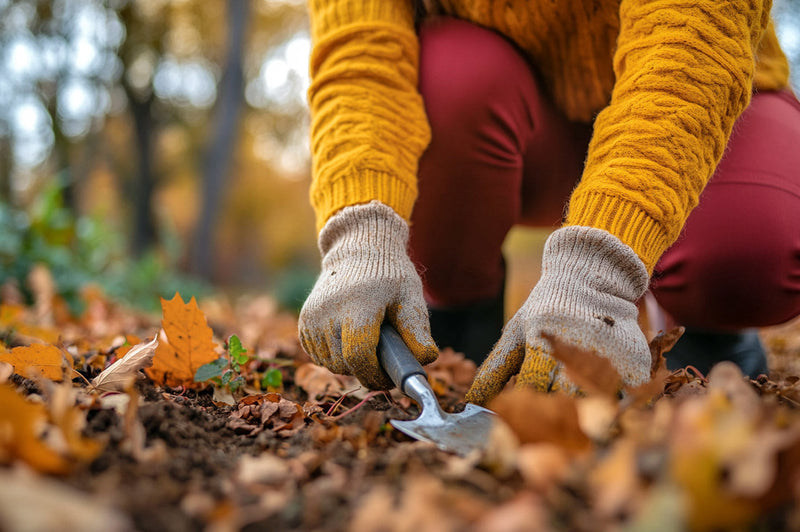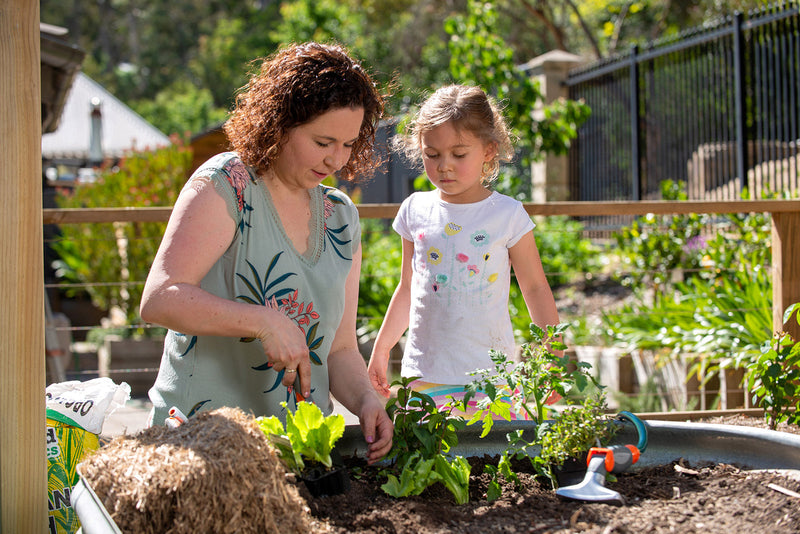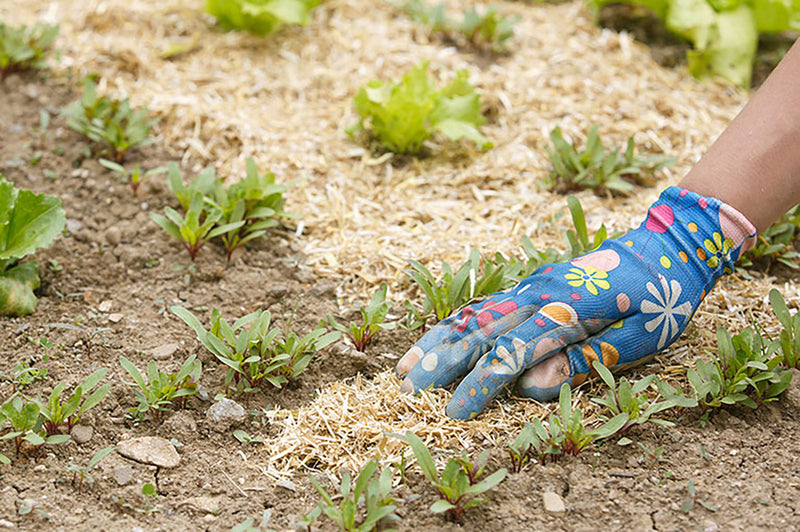

How to start gardening with your kids
There are a myriad of benefits when it comes to gardening as it helps improve your mood, works as stress relief, boosts your immune system, exposure to Vitamin D and gives you quite a workout. Introducing children to the wonderful world of gardening not only gives you an extra set of hands in the backyard on the weekend, it gives them an opportunity to learn about responsibility and taking care of a living organism.

What to plant with your kids in the garden
Starting a veggie patch or garden from scratch might sound time consuming, but showing your kids how things grow from a seed and sowing them yourselves allows them to follow the process from the get go. There are many plants that grow quickly and harvest year round; ultimately, vegetables that grow from seeds will be stronger and cheaper than seedlings.
Using seed raising mix or potting soil mixed with coarse washed sand helps start the process – try a shallow tray that drains water and line it with newspaper, watering seeds daily in warm weather for the best results. Sometimes, seeds are best sown directly into the prepared soil, so it's best to ask specific advice from your local nursery.
Quick to harvest vegetables include radishes, lettuce (try ones with individual leaves like Oak), basil, peas, beans, cucumber, spinach and of course, cherry tomatoes. By having your kids sow the seeds, nurture them and watch them grow into edible food gives them a new appreciation for the life cycle of food and where it comes from. If available, they can collect their own seed to sow next season, be sure to label and keep in a container or envelope for safe keeping.
Create a fun miniature garden
Harvesting food that can be eaten straight away also gives your kids a craving for fresh fruit and vegetables, establishing a positive relationship with health foods early on. You can try growing foods that have a wow-factor like pumpkins, heirloom carrots, rainbow chard or multicoloured tomatoes. Your kids will love gardening especially when their food is exciting to check up on!
It's not just food that'll keep your kids entertained in the garden; growing flowers are a fun way to keep them interested in the garden all year. Try planting marigolds, daisies, nasturtiums, sunflowers or zinnias, or try sunflower seeds for an incredibly yellow landscape. Another fantastic way to get your kids loving the backyard is planting fragrant herbs and letting them pick it to help with dinner – aim for herbs that go well with lots of meals like rosemary, bay leaves, oregano or thyme.
Add fruits to your kids veggie garden such as strawberries from seed or a punnet for quick results. Their fragrant, fruity flavour will keep your kids dying to check on them and ready to pick once they've turned red; remember to plant them in pots in a sunny spot near the house.

Why it's important to get kids in the garden
Whether your children are pre-school age or heading into high school, you can start a gardening project with your kids in any season. When they're old enough, giving them a patch of their own means the plants are their responsibility; the routine of regular watering, making sure it's sunny, and fertilising will keep their veggies thriving while offering valuable lessons about food and appreciation for being outdoors.
